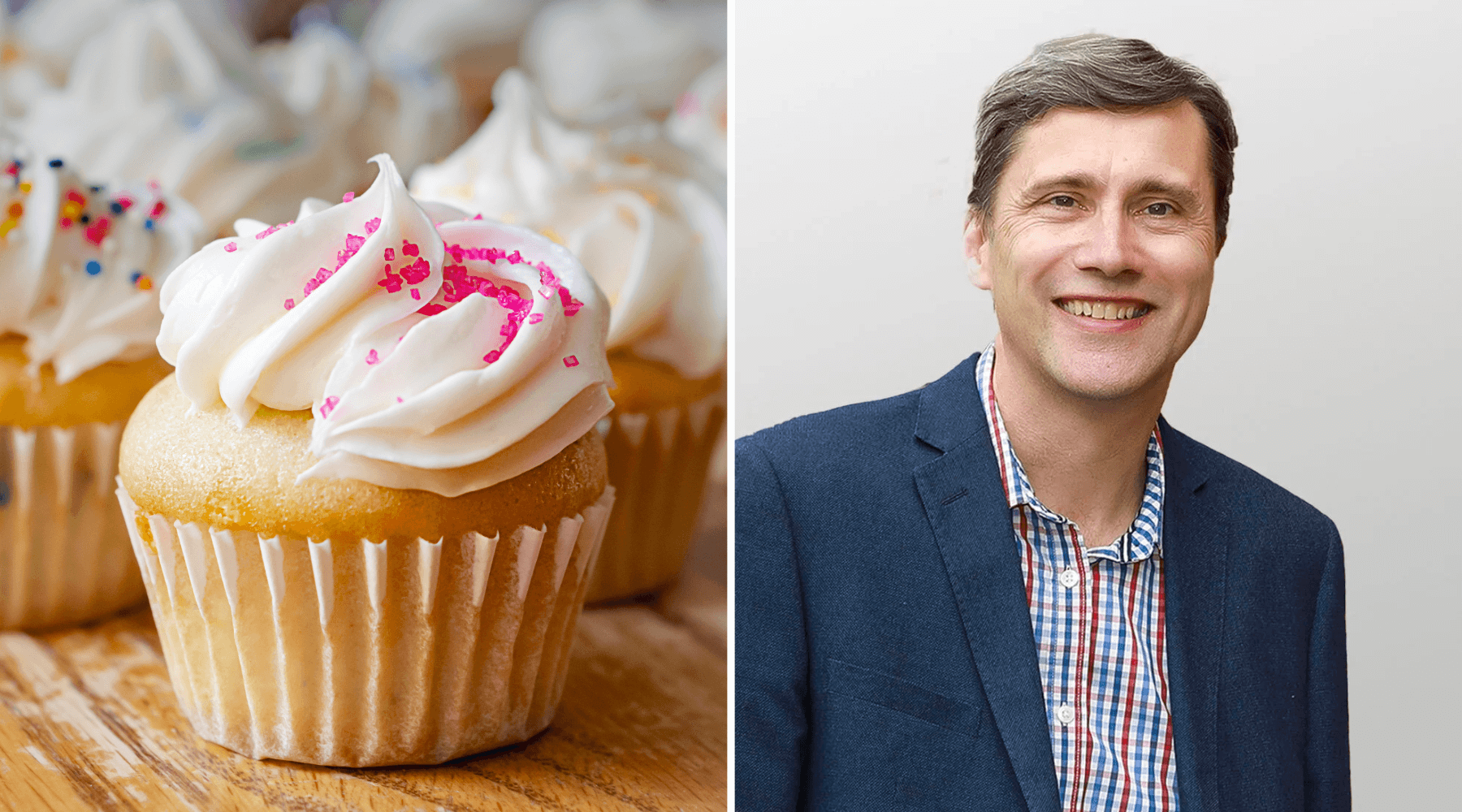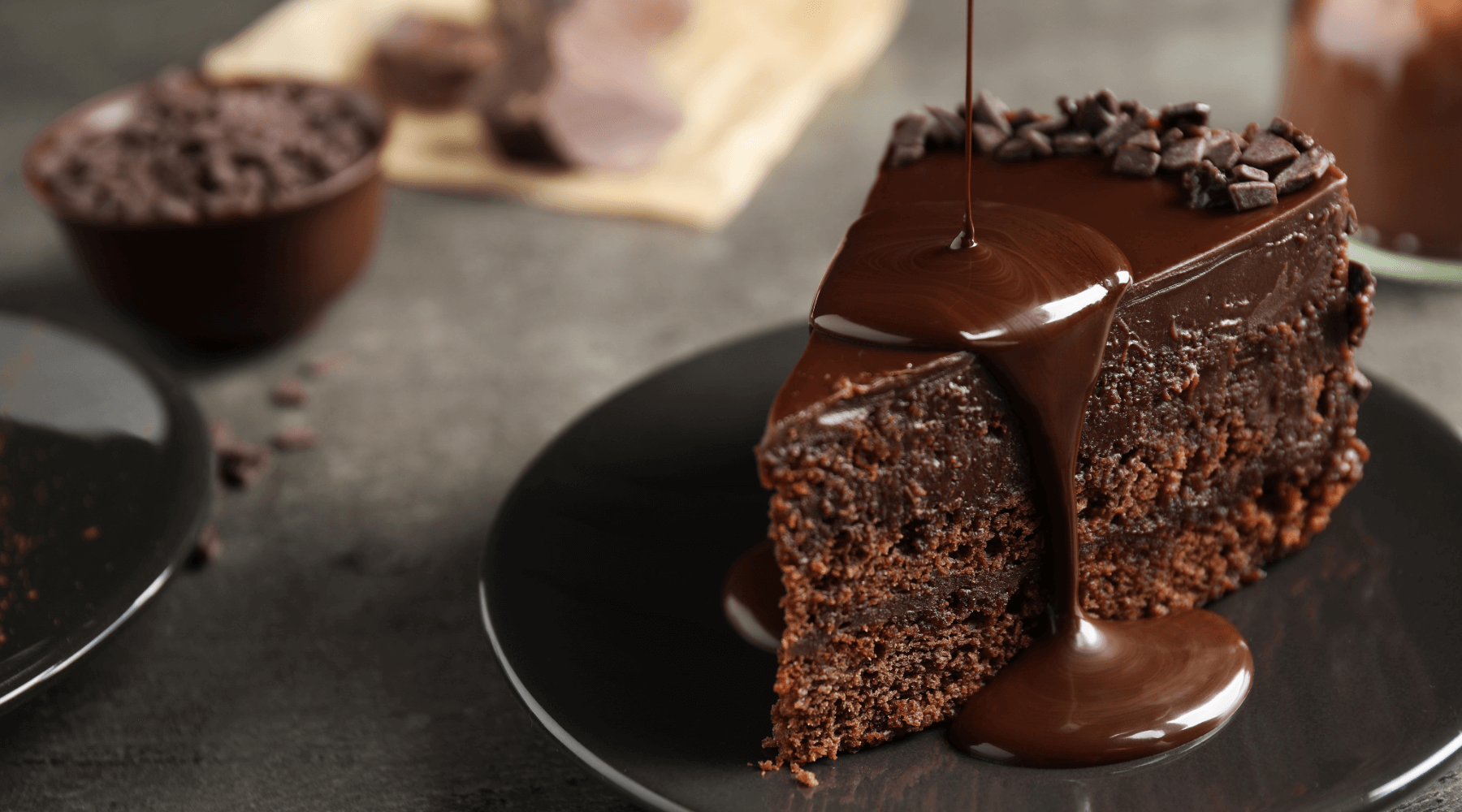Experts Suggest Adding VAT to Cake to Plug Budget Gap
Posted by Emily on 15th Oct 2024 Reading Time:
As the UK government grapples with a looming £22 billion deficit ahead of the next Budget, speculation about where the Chancellor will find new revenue streams is rife. While potential tax hikes on Capital Gains Tax and National Insurance are being considered, a top VAT expert has proposed an unconventional alternative: adding VAT to cake.

Glyn Edwards, VAT director at MHA (above), a UK accountancy firm, suggests that the time has come to end the long-standing VAT exemption on cake. Currently, cakes are zero-rated for VAT, a classification that has led to some curious legal debates, such as when McVitie’s successfully argued that Jaffa Cakes were cakes, not biscuits, allowing them to avoid the 20% VAT applied to biscuits.
Edwards argues that cake, a popular item consumed nationwide, presents a significant opportunity to generate revenue. He highlighted that the UK’s annual cake consumption is valued at £3.2 billion. Imposing a standard VAT rate of 20% on cakes could raise £640 million for the Exchequer—a figure that could help address the growing fiscal gap.
While Edwards acknowledges the potential consumer backlash, he notes that such a measure would be practical, suggesting, “Assuming cake consumption holds up and we don’t all start eating carrots instead.”
The discussion does not stop at cake. Edwards also proposed increasing the current VAT rate on fast food from 20% to 25%. This move, he suggests, would both boost government revenue and potentially encourage healthier eating habits. With the fast food market projected to grow from £13.4 billion in 2022 to £17 billion by 2026, raising the VAT rate on hot food delivery could bring in an additional £850 million for the Treasury.

Edwards believes these two measures combined—taxing cake and raising VAT on fast food—could generate more revenue than the highly debated proposal to add VAT to private school fees. According to estimates from the Institute for Fiscal Studies, VAT on private education would bring in between £1.3 billion and £1.5 billion annually. Still, these proposed alternatives might offer a less controversial approach.
In addition to cakes and fast food, Edwards suggests another luxurious item that could be considered for VAT: caviar. Historically exempt from VAT as a zero-rated food product, caviar could contribute further to the Treasury’s coffers. Although the UK market size for caviar is unclear, high-end retailers such as Fortnum & Mason sell tins of Beluga caviar for £3,500. Applying VAT would add £700 to the price, aligning with policies that ensure wealthier consumers contribute more.
As the Budget approaches, the Chancellor faces difficult decisions on how to raise funds without overburdening businesses. Edwards’ suggestions offer alternative paths to consider, highlighting the complexities of tax policy and its potential impact on consumers and the economy.

